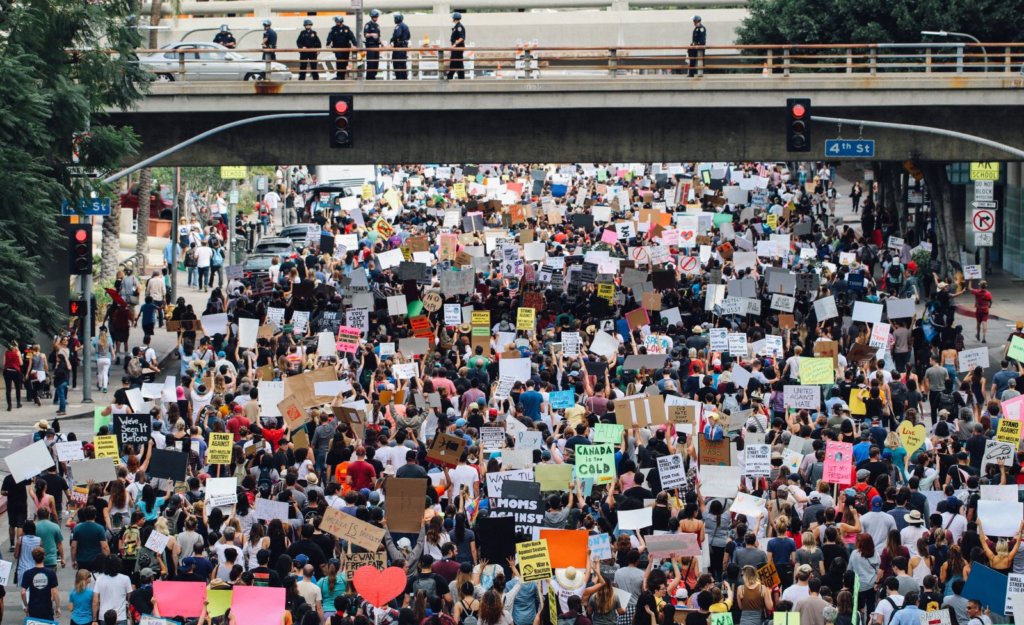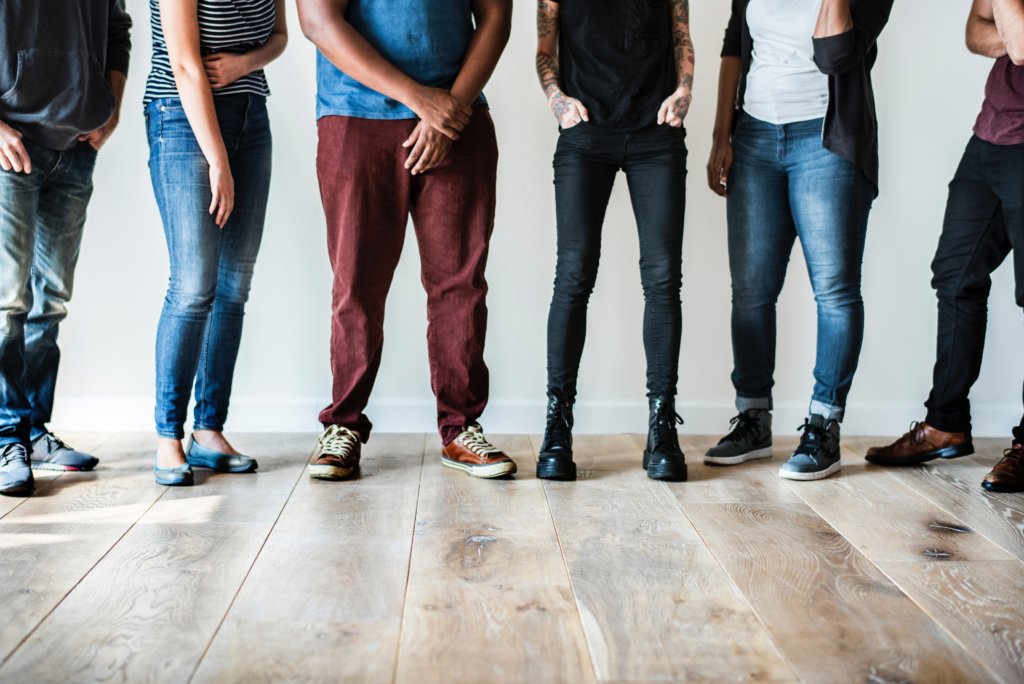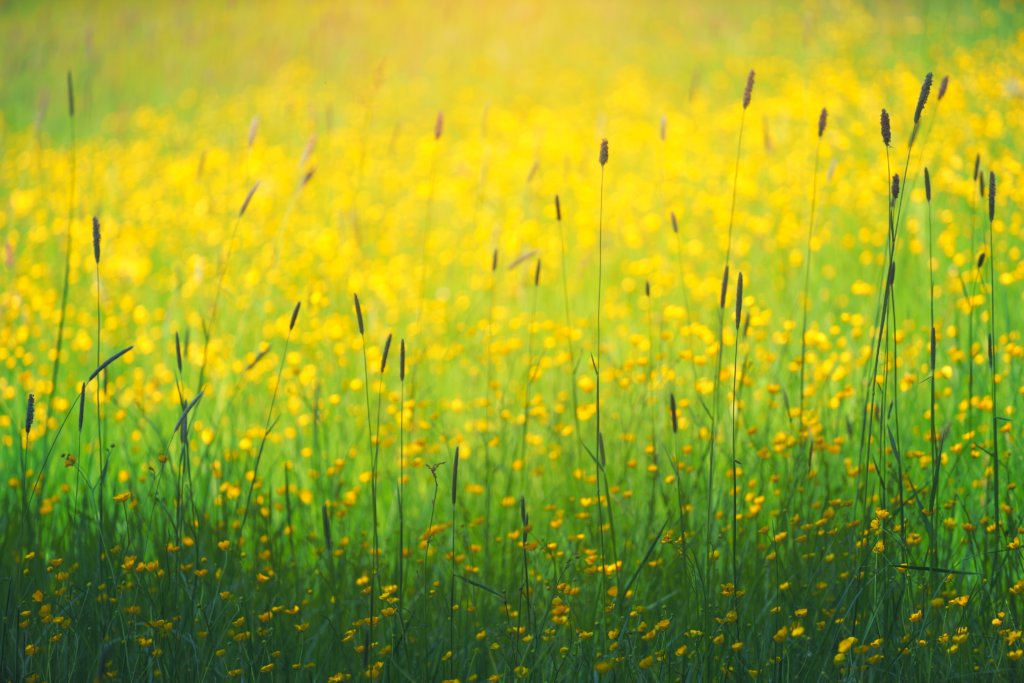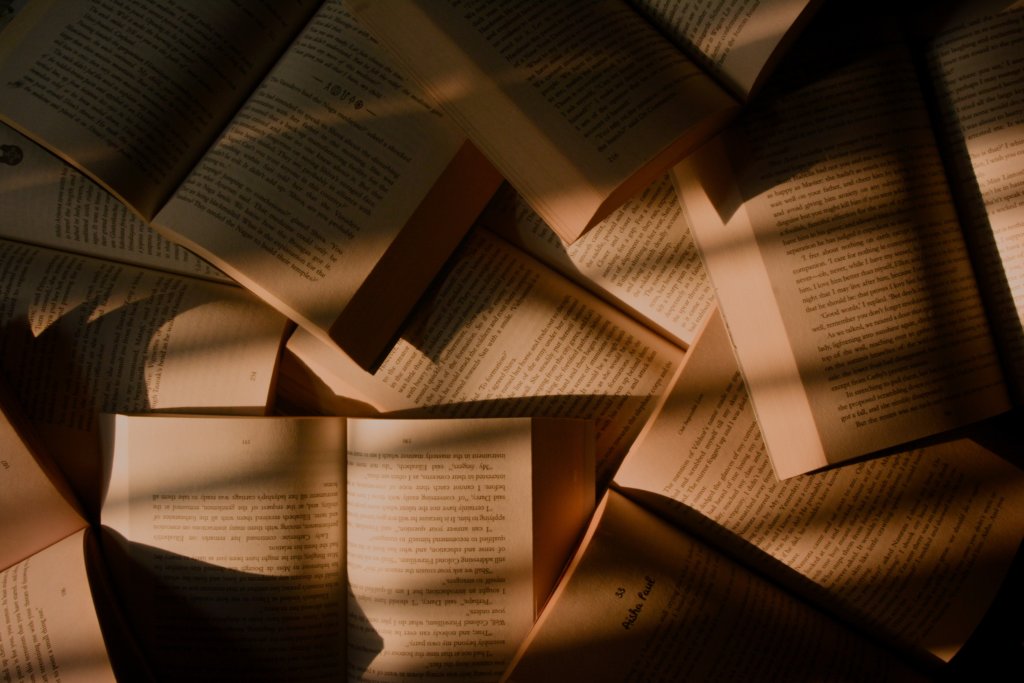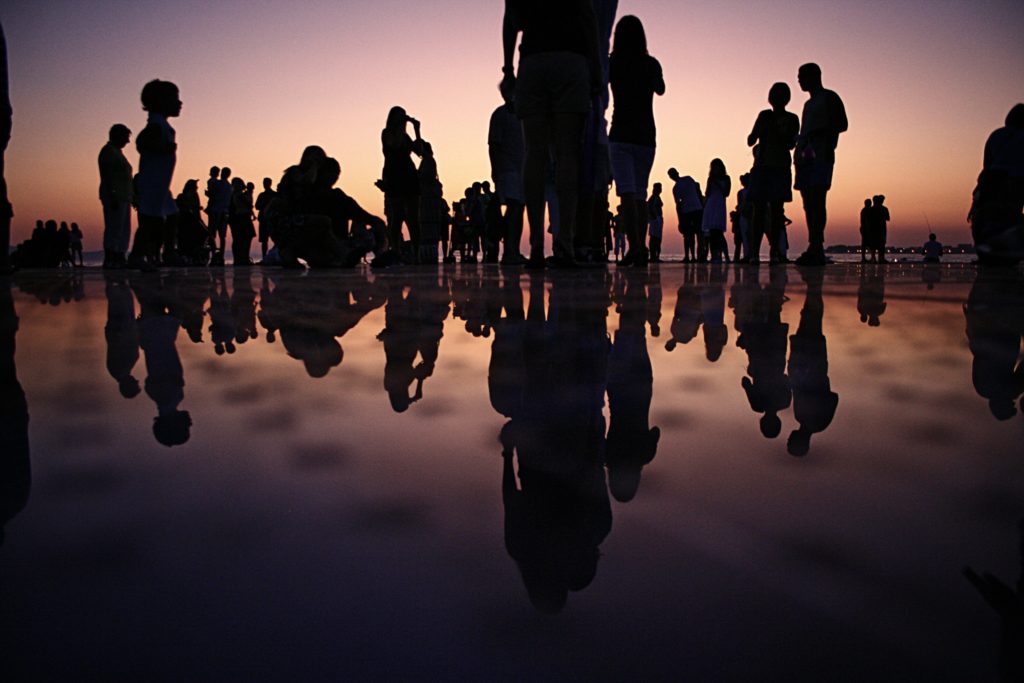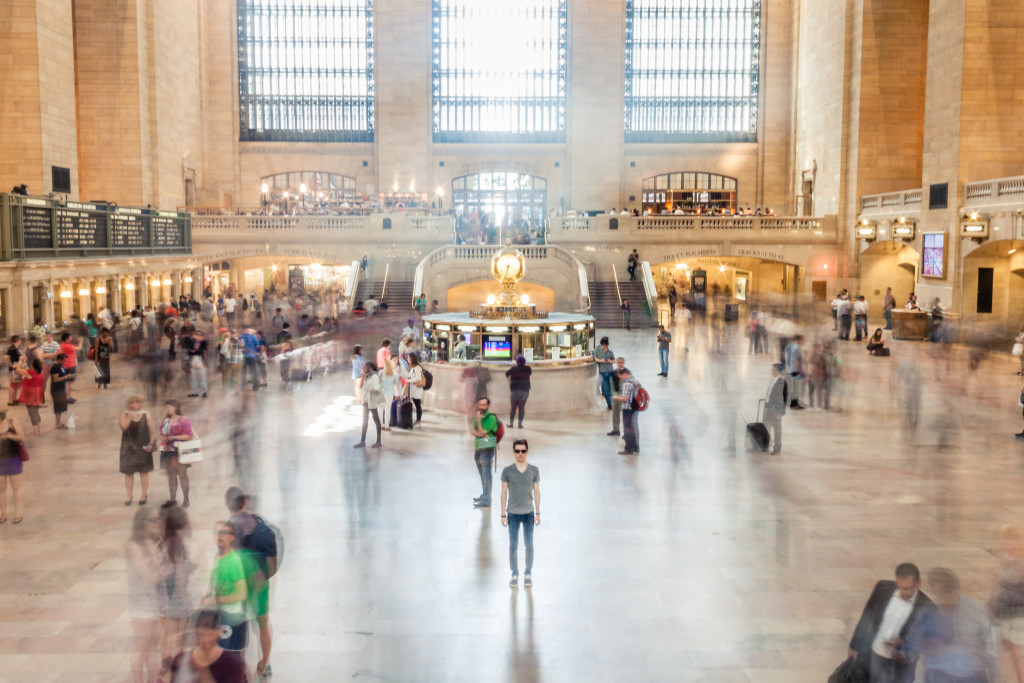While watching a movie that addressed publishing the Pentagon Papers, what struck me the most is multiple presidential administrations maintained U.S. involvement in Vietnam because they didn’t want other countries to lose respect for us. Setting aside how screwed up that is, I can’t think of a single country that still has respect for the U.S. OK, maybe Brazil, which also has a fascist leader, but otherwise the pickings are slim. These days Trump doesn’t seem to care one iota what other countries think of the U.S. and instead only cares about appealing to his base: primarily white, Christian men who are racist.
I want to address that term, racist. Robin DiAngelo, author of White Fragility, said, “We have to stop thinking about racism simply as someone who says the N-word.” Meaning it’s possible some Trump supporters (but not only his supporters) are racist but think they aren’t because they don’t use the N-word or they have friends who are people of color. Racism is a system that benefits white people – it’s prejudice plus power. And white people who want to maintain the status quo are supporting racism.
Trump does not fall into the camp of someone who is unaware he’s racist; he’s blatantly so. One only has to look most recently at his decision to hold the now-moved rally in Tulsa on Juneteenth as evidence of that. If you don’t know, Tulsa is the site of one of the worst incidents of racial violence in the nation’s history. In 1921, hundreds of black people were attacked by a white mob that looted and burned many black-owned businesses and homes in the Greenwood District, a neighborhood that was then known as “Black Wall Street.”
Trump’s racism is calculated and it’s precisely why he’s in power. Back in 2017, the Atlantic published an excellent essay by Ta-Nehisi Coates, an excerpt from his book We Were Eight Years in Power. Coates said, “In recent times, whiteness as an overt political tactic has been restrained by a kind of cordiality that held its overt invocation would scare off ‘moderate’ whites. This has proved to be only half true at best. Trump’s legacy will be exposing the patina of decency for what it is and revealing just how much a demagogue can get away with.”
Coates said Donald Trump is the first white president because he “moved racism from the euphemistic and plausibly deniable to the overt and freely claimed.”
It was true in 2017 and it’s still true now. How much can a racist demagogue get away with? Especially when he’s no longer pretending to be a decent man, to care about what other people or other countries think of him? The answer as we’ve seen is quite a lot.
A part of me wants to fast forward to 2021 when I sincerely hope Donald Trump is out of office, but the reality is, what Trump embodies doesn’t go away with a new president. He’s merely a symbol of what’s been here all along. It’s up to us to create a more just society and also to remind elected officials they work for us and not the other way around.
I’m heartened by the current protests because that dynamic is playing out. When the Minneapolis City Council unanimously passed a resolution to replace the police department with a community-led public safety system, it was a signal that public outrage can make a difference.
There is power in the collective, both good and bad. We can either use our collective power to maintain the status quo, to support inequality of all kinds, or we can do something different. We can band together to create a world we’d like to see. I, of course, want that better world.
I dream of a world where we use our collective power to remind the government they work for us. A world where we dismantle racism as well as all other -isms. A world where we win back the respect of other countries because we’re operating with respect. A world where power returns to the hands of the collective, where it belongs.
Another world is not only possible, it’s probable.
The word to describe how I feel right now is “churned.” I feel a swirl of emotions both due to my personal life and what’s taking place in society. I’m angry and sad and scared. I have compassion fatigue. I feel overwhelmed. I want to retreat to a hidey-hole. I want to punch certain people in the face. Did I mention I’m feeling churned right now?
I think a lot of people are feeling churned. The purpose of this post is to say first and foremost, you’re not alone. Second of all, I’m thinking about the reason behind churning. One of the definitions of churning relates to butter, as in milk or cream is stirred in order to separate the oily globules from the other to make butter. The churn creates something new.
Maybe this churn, this agitation, will create something new personally as well as in the world. I think about another time in my life when I felt churned. One such period was at 15; I went to Camp Anytown, which is a camp sponsored by the National Conference for Community and Justice that works to break down prejudice and promote diversity. Before attending the camp, I didn’t think of myself as a racist or prejudiced person. I was nice to everybody. How could I be racist and prejudiced? Well, I was and am. As many people have said, racism is embedded in our environment. It’s the air we breathe; it’s baked into the systems we operate. Our country was literally built on the back of racism. Of course that trickles out to other -isms too. They usually go hand in hand.
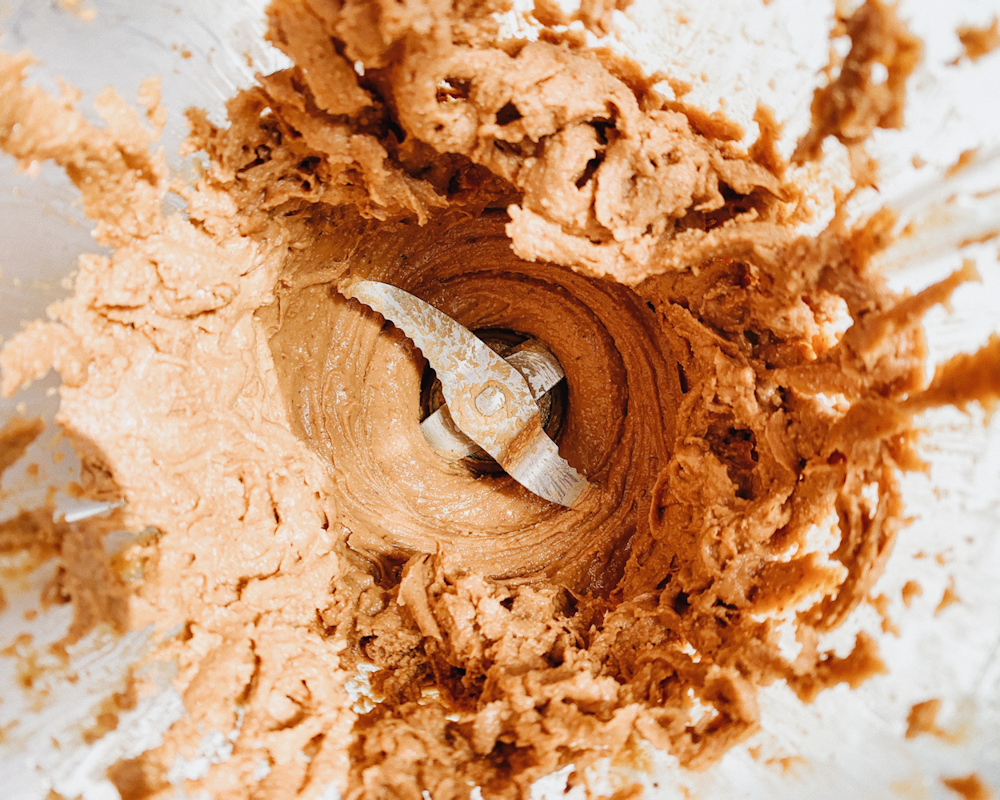
Really wish I could find a picture of churning butter, but a food processor pic will have to do! Photo by Irene Kredenets on Unsplash
The only way to root out those -isms is to confront them. To bring them in our face. To get churned up so they transform into something else. That’s precisely what happened at Camp Anytown. We shared our snap judgments of different races. We talked about media portrayals. We held panel discussions about our own experiences. And we changed.
I wonder if that’s happening for us right now. If we as a society are transforming into something new and this is part of the process. We’re in the painful part where the oily globules are separated from the other. We’re in the unsettled part where things are strange and disorienting because we can never go back to how it was before. The U.S. will literally never be the same after Trump’s presidency, for better or for worse. People may try to go back to the status quo, but it will be impossible after so much has been revealed.
That’s the role of struggle, according to my spiritual teacher. He said, “Just as all-round physical exercise makes the body fit, similarly appropriate psychic and spiritual exercise … leads to one’s psychic evolution and spiritual elevation. If one is keen to advance, if one wants to attain expansion as well as bliss in life, one must continue to struggle.”
I’m there. I’m struggling. We all are. And maybe it’s a sign of our evolution and elevation. How we’re all going to be better for it.
I dream of a world where we recognize struggle can lead to something better. Where churning means we’re in the middle of growing into something new. A world where we have patience with the process of transformation. A world where we understand churning leads to change.
Another world is not only possible, it’s probable.
I’m sick right now so I can’t guarantee the eloquence of this post, but I wanted to write something anyway because I feel passionately about this topic. I’m observing a few things going on in the world right now. Tension is high. People are pissed, rightly so, at all the injustice running rampant. I’m not a sexual assault survivor, but I was also affected by the Ford-Kavanaugh hearing. To listen to so many horrible stories from people and to witness some of the reactions to them didn’t make me feel good. Everyone wants to feel seen, heard, and respected and when we’re not, it’s painful.
I also notice people in power are pissed too. Again, one only has to look at Kavanaugh’s testimony to see that. He didn’t show up to the hearing contrite. He showed up belligerent, denying all accusations. The New Yorker ran an opinion piece declaring the Ford-Kavanaugh hearing will be remembered as a “grotesque display of patriarchal resentment.”
These are the times we’re living in. From an astrological perspective, there’s a whole lot of “othering” going on, as in separating from others, erecting boundaries, and dehumanizing people. Astrology is not causal, it’s instead like a map, and in this instance, we as a society are demonstrating the disintegrated version of the Saturn:Pluto transit. Othering is not limited to sexism, its showing up everywhere. It shows up in the treatment of people of color, in immigrants, of the LGBTQIA community. Anyone who doesn’t fall into the majority is subjected to “othering.” What’s interesting for me to notice though is even those who are privileged and in the majority are not immune to being “othered.” I read an exchange on facebook where a white man posted something he thought was supportive of the #metoo movement and a woman blasted him for it because she thought otherwise. She said instead his post played into patriarchy, that he is part of the problem, that he’s another privileged white dude perpetuating the disempowerment of women.
I get where people are coming from and at the same time I’m reminded of a quote someone shared on facebook that struck me as relevant for the times we’re living in: “If you don’t heal what hurt you, you’ll bleed all over the person who didn’t cut you.” Yep. Lots of bleeding right now. Lots of hurt people walking around. We are all taking out our pain on each other.
What is the solution here? The solution I think is three-fold: One, to heal what hurt us, whatever that looks like. Two, I think it’s important to practice empathy, to understand the perspective of all our siblings. We don’t all have the same experiences, but we all have the same needs. There is more that binds us than divides us. Lastly, as philosopher P.R. Sarkar writes in his book, The Liberation of Intellect: Neohumanism, “You will have to carry the collectivity with you, because the collectivity is yours. The collectivity is not outside you – your future is inseparably connected with the collective fortune. You must take the entire collectivity with you and move toward the sweetest radiance of the new crimson dawn, beyond the veil of the darkest night.”
We are a collective, moving together. We are a universal family sharing the resources of this planet. We are like a garden filled with numerous flowers, but ultimately all a part of the same garden. Like flowers, on the surface we have different petals, different leaves. Some of us require more water and some of us require less, but we are all flowers. We all require care and attention and I truly believe we can make it so.
I dream of a world where we all work together to take care of each other. A world where we seek to understand our kith and kin. A world where we remember we have more in common than we might believe. A world where we realize there is no “other,” only us.
Another world is not only possible, it’s probable.
A few weeks ago I flew back to North Carolina. I visited the place of my childhood and found everything to be slightly familiar, but altogether vastly different. My childhood home burned down and in its place stood tall trees, grass, and shrubs. My elementary school also no longer exists. My favorite place (the library, of course), closed and moved to a new location. Walking around I couldn’t comprehend all the changes because in my mind, things stayed exactly the same. It’s a dangerous thing to only live in your head and not see reality for what it is.
I think part of what we’re experiencing here in the U.S. is the dichotomy of delusion and reality. On one side, we have people (like those in power) who lie ceaselessly, who convince themselves something is true when it’s false. My sister reminded me during our North Carolina visit that we live in a post-truth world. That’s why we have such a thing as fake news. It’s nothing new, propaganda has existed for ages, but now we’re seeing it more and we’re fighting it more. It’s important for me as a journalist and a yogi to stick to the truth as closely as possible.
In Sanskrit, the unchangeable entity is Sat. The external manifestation of Sat is satya, or benevolent truthfulness. My spiritual teacher said, “Only satya or truth triumphs and not falsehood. Whenever there is a clash between truth and untruth, truth’s victory is inevitable. … Untruth, being a moving phenomenon, may attain a temporary victory on its march, but never a permanent one. … Falsehood does not win because it is relative, it is ever-changing.”
I bring this up because I think it’s important to acknowledge a truth about the United States. With every atrocious thing spewing from the current administration, people say, “This isn’t the real U.S. This isn’t the U.S. I know and love.” Oh, but it is my friends.
As much as we don’t like to admit it, the United States was founded on horrors similar to what we’re seeing now. We decimated Native American tribes. We regularly separated black people from their families under the guise of economic progress. Our country, the land of the free and the home of the brave, always carried a footnote, which is those things were true only for some. Our current president is carrying on the imperialist tradition. That’s not to say all Americans feel the way he does. It’s also not to say the U.S. hasn’t made great strides in equality for people of color, for women, for various sexual orientations, etc., because it has. But it would be disingenuous to say the behavior of the people in power in the current administration is “un-American.”
What does this have to do with my visit to North Carolina? Being there I gained more perspective of my past and was able to see a fuller picture. I finally saw the truth, and as the saying goes, the truth set me free. I’m grieving all that I lost, but first I had to see it. Until we collectively recognize our country’s racism, sexism, and prejudice, we’ll never be able to move forward. Until we see our true selves, our true past, we’ll never be rid of it. We’ll never be free.
My spiritual teacher is an optimist, and so am I. I know one day we will all be free. That no matter our immigration status, the color of our skin, our gender, our sexual orientation, or anything else, we will receive equal treatment. But first, we have to tell the truth.
I dream of a world where we remember the truth will prevail. A world where we stamp out falsehood and come to grips with reality. A world where all people are treated with love, kindness, and respect. A world where each person is valued for the beautiful and precious beings they are.
Another world is not only possible, it’s probable.
This week I’ve contemplated the internalization of “-isms” such as racism, sexism, and classism. These are the ways that we’ve accepted our inferior or superior status. For me, I’ve realized how much the way I view writing and reading is tied to patriarchy. And maybe intellectualism. I like women’s fiction, also called chick lit. Think Bridget Jones’s Diary or Confessions of a Shopaholic. Those aren’t my favorite books, but I mention them because Hollywood turned them into movies so they’re more well-known.
I feel a sense of shame mentioning chick lit is my favorite genre because it’s looked down upon. It’s not serious or somehow “worthy.” In Joanna Russ’ book How to Suppress Women’s Writing, she mentions the various ways women are discouraged from writing. It’s assumed women didn’t write the things they did, or they channeled something outside of themselves, or they are judged more harshly for writing about the same things as men. In other cases, women are told they shouldn’t have written the things they wrote. There’s a notion certain subjects are more acceptable and worthy of acclaim than others, and wouldn’t you know it, those topics are most often addressed by men.
Love stories by women and for women are disparaged. I’ve internalized that viewpoint so much that a part of me doesn’t want to tell you I’m writing a love story because it’s not serious enough. It’s no Moby Dick, it’s not the next Great American Novel, and a part of me worries what other people will think of me. I’m not looking for reassurance here, I mention all this to demonstrate how subtle “-isms” are. Until I read Russ’ book, it didn’t occur to me that perhaps my perspective on women’s writing, including my own, was skewed by patriarchy and sexism. I didn’t question why working on my book felt a bit like a furtive teenager stealing liquor from her parents’ stash.
My spiritual teacher says, “In the existential sphere there cannot be any sort of complex, and our social order should be such that there remains no room for any complex. We have to make such a social order and we have to make it immediately without any loss of time.”
By complex he means inferiority complex, superiority complex, or fear complex. To paraphrase, he says we are all divine children of God, no one lesser, and no one greater. I’m not doing myself any favors by thinking the things I’m writing about are drivel because they primarily interest women. It’s more helpful for me to address not only the obvious forms of “-isms,” but also the subtler, concealed ones as well. Only then can we create a world we wish to see.
I dream of a world where we examine the ways we’re contributing to “-isms” internally. A world where we question why we think certain things are true. A world where we recognize and work toward the notion no one is better or worse than any one else.
Another world is not only possible, it’s probable.
Fyi, this is also a podcast.
The other day I entered into a discussion with a facebook friend about “Black Lives Matter” and “All lives matter.” His point was that all lives matter and that we should focus on unity, not division. He then proceeded to quote our spiritual teacher who said, “There is only one race in the entire world, and the name of that race is the human race. We are bound together with the same breast milk of mother Earth, and the same sun and moon are our common companions.”
I get where he and others are coming from. We all have the same needs. We all want respect, we all want to be valued. I think most of us are saying in one form or another, “What about me?” so when one group is highlighted or given more attention, the reaction of others is to say, “Yeah, but what about me?” I understand. But my question for the people who are chanting, “Unity, unity,” is how exactly do you propose we become unified? How exactly would you like us to become one human race?
I think of unity like a marriage. When both people are committed to working on themselves, to treating each other well, the marriage is great. However, when one person is abusing the other, it’s not so great. It seems to me the people advocating for unity are requesting minorities stay in a loveless, abusive marriage. I understand vows were made, but how is staying married helping anybody? Just because you’re committed to each other doesn’t mean the abuse will stop. The abuse only stops when one person says, “Enough. No more.” That to me is what’s happening with “Black Lives Matter.” Black people in this country are finally saying, “Enough. No more.”
A recent article in the Washington Post by Stacey Patton sums this up nicely. Patton said:
“Talk of unity, reconciliation, and restoring trust is a diversion from the raw, ugly, excruciatingly painful work of addressing the systemic racism that is tearing our nation apart. In their rush to avoid the real work in favor of a kumbaya fantasy comfort zone, they refuse to confront history and the truth about the present moment.
[W]hat the message of unity winds up doing is blaming communities of color for failing to assimilate, rather than acknowledging that the very fabric of this nation is built upon a diabolical, calculated, and constantly evolving system of racism.”
Far from leading to a divisive, destructive place, I see rooting out racism as the first step toward real unity. Toward identifying with only one race: the human race. I thought about citing statistics of how black people are unfairly targeted as evidence of the abuse taking place, but from my perspective it’s unnecessary because what the Black Lives Matter people are advocating will help us all, no matter what color we are. Asking for more accountability and transparency from the police can only benefit all of us. Yeah, it may be seemingly divisive right now to focus on black people but I think it’s more important to look at the big picture. Where are we heading? What is this leading toward? From my perspective, it’s leading toward one human society where we can say, “All lives matter,” and it rings true not only in rhetoric but in practice.
I dream of a world where we ferret out problems so that we may solve them. A world where we understand sometimes we have to focus on one group at a time in order to benefit us all. A world where we act as if there is only one race: the human race.
Another world is not only possible, it’s probable.
Last week, I watched an inspirational movie about kids who utilized their talents to win scholarships to college and pull themselves out of poverty. All of the kids were the first in their families to go to college, and by doing so they become teachers, writers, policemen, etc. They weren’t forced to work in low-wage jobs like their parents were.
I teared up watching the flick – I love that they improved their lives – but then I got to thinking, “What about everyone else?” What about the kids who don’t have an exceptional talent that wins them a scholarship? These kids escaped the cycle of poverty, but someone else is waiting in the wings to take their place. Just because one person no longer has to pick oranges for a living doesn’t mean oranges stop getting picked. It doesn’t mean all the other orange pickers no longer have to endure poor working conditions and low wages.
The cycle of exploitation continues and our capitalistic economy feeds off it. In the case of food production, almost literally. Why is this? Because we continue to emphasis the rights of individuals (or corporations, who are now considered people) over the collective.
I’ve seen the individual versus the collective show up in a big way this week with the killing of Cecil the Lion. Minnesotan dentist Walter Palmer paid $50,000 to hunt Cecil the Lion, who was a big tourist attraction in Zimbabwe. Did Palmer think about anyone other than himself when he set out to kill Cecil? No he did not. He was prioritizing his own selfish interests.
Another way that the individual versus the collective is prioritized is the public’s reaction to the killing of Cecil. We’re directing so much ire against Palmer, but not talking as much about poaching laws in general. Outrage has reached such a fever pitch that Zimbabwe is calling for Palmer’s extradition and many people in the U.S. agree. I think part of the reason we’re seeing so much outrage over Cecil is it’s easy to excoriate an individual.
A few of my friends who are more focused on the collective have exclaimed they wish society would be as outraged over the killing of black people in our country as people are over the killing of Cecil. It’s harder to evoke as much outrage against a system, which is also harder to dismantle, than it is to get pissed off an at individual. Racism is so rampant, it’s seeped into many aspects of life, and how do you go about changing something like that?
I think it starts with prioritizing the collective. There is an African proverb that says, “If you want to go fast, go alone. If you want to go far, go together.” We are not going to go far if we keep focusing on ourselves alone. We are not going to solve any of our serious societal problems if we’re thinking, “How can I benefit?” instead of “How can we benefit?” Life can be better for all of us but that starts with striking a balance between the individual and the collective.
My spiritual teacher says, “One must not forget that collective welfare lies in individuals and individual welfare lies in collectivity. Without ensuring individual comforts through the proper provision of food, light, air, accommodation, and medical treatment, the welfare of the collective body can never be achieved. One will have to promote individual welfare motivated by the spirit of promoting collective welfare.”
I dream of a world where we go far, together. A world where we prioritize taking care of each other. A world where we understand what’s good for the collective is also good for the individual. A world where we work to raise each other up, and improve life for us all, because after all, you plus me equals we.
Another world is not only possible, it’s probable.
There has been a lot of talk about racism and The Hunger Games. The New Yorker has a blog about how often in literature we imagine characters to be white until proven black. And Jezebel.com posted a story about how many viewers of The Hunger Games movie have posted racist tweets. For those of you who don’t know, Suzanne Collins explicitly states in her trilogy characters Rue and Thresh are “dark-skinned” but somehow that escaped many readers’ notice. What’s so appalling is some viewers said the movie was “ruined” because the characters are black. And that because Rue was black her death wasn’t as sad. This is going to sound strange but I’m inspired by all this.
Don’t get me wrong, I’m NOT inspired by the racism that’s being displayed, I’m inspired by other people’s response to that racism. I’m inspired that there is outrage. I’m inspired that the twitter accounts of those who posted racist comments have been taken down. I’m inspired there’s a lot of fuss – and rightly so – about the idea being black makes a person less innocent.
It wasn’t so long ago racists were the majority in this country. It wasn’t so long ago lynchings were a common practice and newspapers advocated for mistreatment of others. The fact that now racism is so denounced, that it is so politically incorrect is an amazing thing. Seriously. I know we’re not making as much progress as we’d like, but I’d rather focus on the fact we’re making progress at all. Jim Crow laws no longer exist. The majority of people are loving, compassionate, and more open-minded than not. I think that’s been illustrated by the outrage at the comments people have been posting in regard to The Hunger Games.
I’d also like to point out racism is a belief and beliefs can be changed. It’s not a disease. It’s not something you have or you don’t. Racist people can change their minds, see the error of their ways, because more often than not it’s due to ignorance. They’re stereotyping out of fear, they’re not seeing a person as an individual but rather a category. I’ll even admit here that when I was younger I was a little bit racist. I used to stick to certain circles and not stray far from them. That all changed when I went to the National Conference for Community and Justice’s Camp Anytown. Sometimes you just don’t know better and you need to be taught. But that’s the point – open-mindedness can be taught. When you undergo exercises showing other people have experienced similar things even if they’re a different race, it builds understanding, and compassion. Racism cannot exist in those circumstances and that’s what inspires me.
I dream of a world where we continue to eradicate racism. A world where we understand all of us bleed, all of us have hopes and dreams. All of us are people. I dream of a world where we can see each other as individuals. A world where we see people for who they are. A world where we value a person’s heart over the color of their skin. A world where we come together in the spirit of unity, acknowledging we are all brothers and sisters.
Another world is not only possible, it’s probable.
